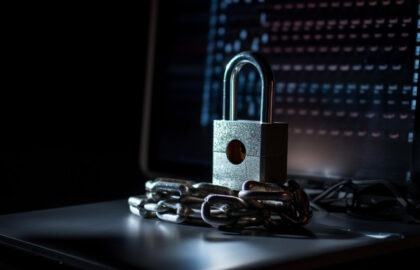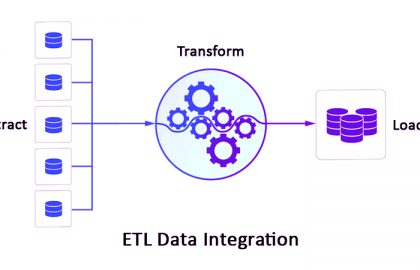UK TV drama about North Korea hit by cyber-attack
North Korean hackers targeted a British television company making a drama about the country, it has emerged.
The series – due to be written by an Oscar-nominated screenwriter – has been shelved.
In August 2014, Channel 4 announced what it said would be a new "bold and provocative" drama series.
Titled Opposite Number, the programme's plot involved a British nuclear scientist taken prisoner in North Korea.
The production firm involved – Mammoth Screen – subsequently had its computers attacked.
The project has not moved forward because of a failure to secure funding, the company says.
'Hair on fire'
North Korean officials had responded in anger when details of the TV series were first revealed. Pyongyang described the plot as a "slanderous farce" as it called on the British government to pull the series in order to avoid damaging relations.
The North Koreans did more than protest though – they hacked into the computer networks of the company behind the show.
The incident was first reported by the New York Times, which cited Channel 4 as the main target. However, the BBC understands that it was actually Mammoth Screen that was hit by hackers.
The attack did not inflict any damage but the presence of North Korean hackers on the system caused widespread alarm over what they might do.
"They were running around with their hair on fire," a TV executive from another company told the BBC, describing the level of concern.
British intelligence was also aware of the attack.
The concern was compounded because Sony Pictures experienced a significant cyber-attack in November 2014. A group called the Guardians of Peace claimed it was behind it but US officials said they believed North Korea was responsible.
That attack was also in retaliation for a drama – in this case the planned release of the film The Interview, a comedy in which the North Korean leader was assassinated.
The studio had its emails stolen and publicly released but also had a significant portion of its computer network destroyed by the attackers. The film was eventually released online amid concerns that cinemas would not show it because of threats.
It also led to a strong reaction from the Obama White House, including the imposition of sanctions. There was no commensurate complaint from the British government, despite officials knowing that a UK company had also been targeted – although not affected in the same way as Sony Pictures.
Increased aggression
In the UK, Opposite Number has been shelved. The drama was due to be the second commission to come out of Channel 4's newly formed international drama division.
At the time, Mammoth Screen and its distribution partner, ITV Studios Global Entertainment, said they were seeking an international partner. But a spokeswoman for ITV Studios – which purchased Mammoth Screen in 2015 – told the BBC in February that "the co-production hasn't progressed because third-party funding has not been secured".
Those involved will not comment on whether the failure to attract funding and move forward with the production was in any way linked to the cyber-attack.
The cyber-threats from North Korea have not stopped. Its hackers have proved increasingly aggressive and adept, targeting banks to steal money and media in South Korea.
British officials also believe North Korea was behind the Wannacry ransomware that struck around the world in May, with significant parts of the NHS affected, although there has been no official response from the UK government to this incident.
But the revelations about an attack on a TV production company may raise further concerns about what North Korea is capable of and how companies in the UK – and the British government – react when it happens.
Get news from the BBC in your inbox, each weekday morning






